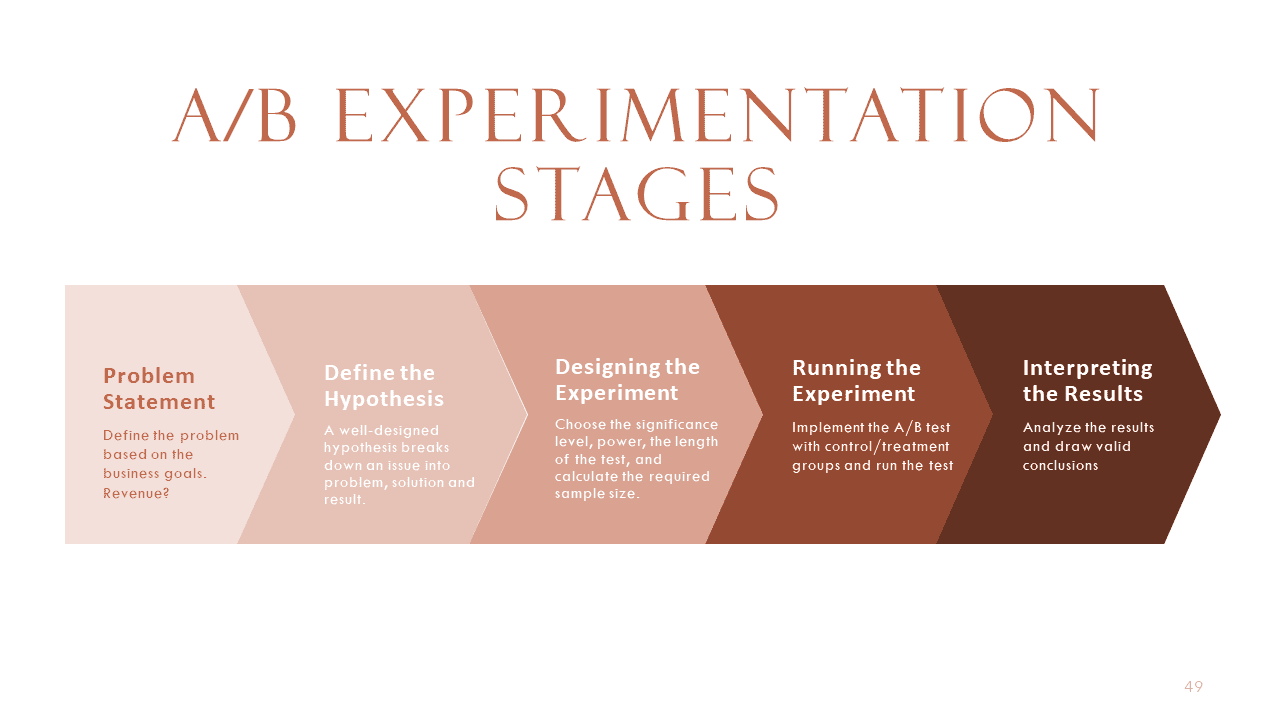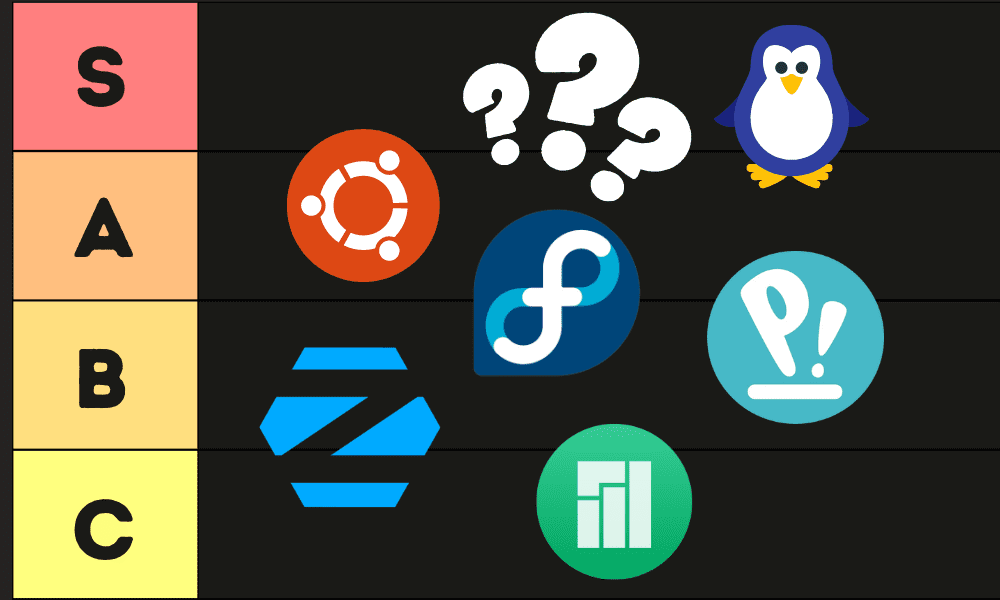
Image by Author
Many developers and IT professionals who work in Fortune 500 companies use either a Linux distribution or MacOS. Why Linux? Because most servers run on Linux and provide a wide variety of tools that Windows 11 lacks. Also, if you are security and privacy-conscious, then moving to Linux is the right decision. In the past month, I have been trying out a few of these distributions using VM VirtualBox, and I am seriously considering Linux as my primary system.
In this blog, we will learn about a Linux distribution that I have fallen in love with, which supports all kinds of tools needed for your data science experiments and machine learning model training. They are also super user-friendly, and you can install them in just a few minutes.
We all know about Ubuntu, and I think if you are a developer or machine learning engineer you are using Ubuntu on Windows 11 through WSL. Ubuntu is the most popular Linux distribution out there due to its user-friendly interface, extensive documentation, and large community support.
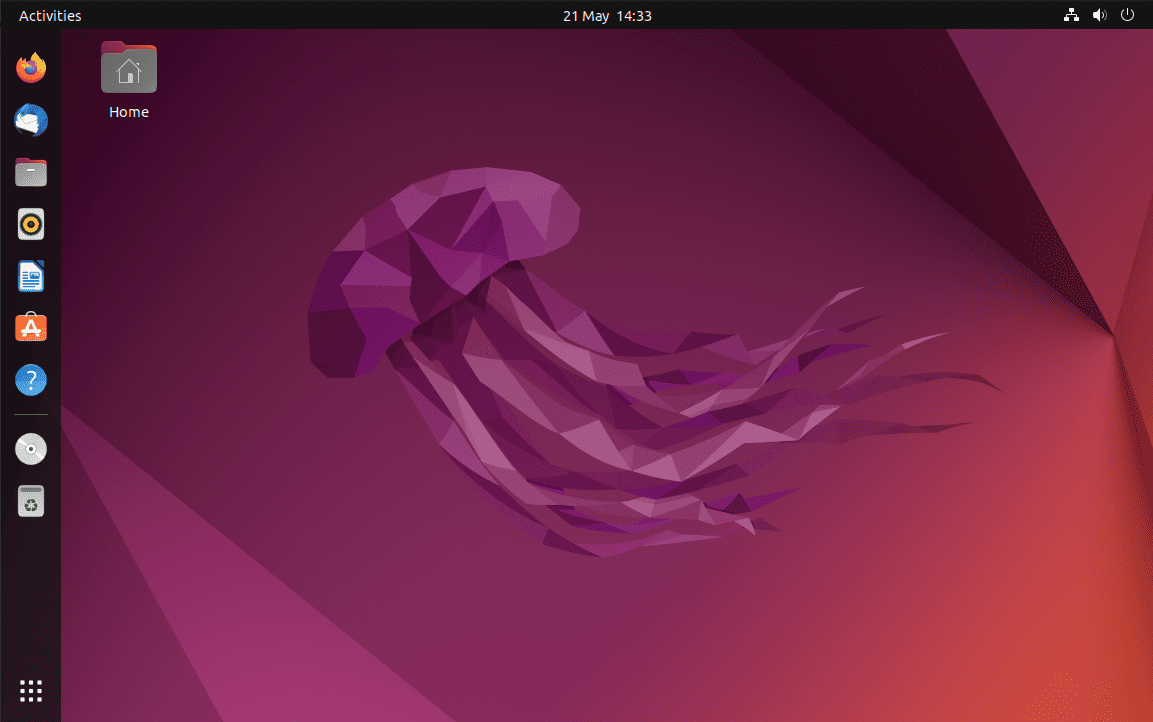
Ubuntu is an excellent choice for those new to Linux, and its repositories are rich with data science tools and libraries, making it easy to set up your development environment. Moreover, it is a stable operating system that provides long-term support, even longer than Windows.
Fedora Workstation is a highly mature and popular operating system for developers and programmers. What distinguishes Fedora is its dedication to providing the most recent software and features, which is crucial for data scientists seeking the latest developments in software tools and libraries.

It is completely free with no ads, and it values the privacy of your data. Moreover, its strong emphasis on open-source values ensures that users have access to a vast ecosystem of free and open-source software (FOSS) tools.
Zorin OS is quickly becoming my favorite operating system due to its ease of installation and pre-installed softwares. It is particularly user-friendly for those transitioning from Windows or macOS, offering a simple and elegant interface without sacrificing power or functionality.
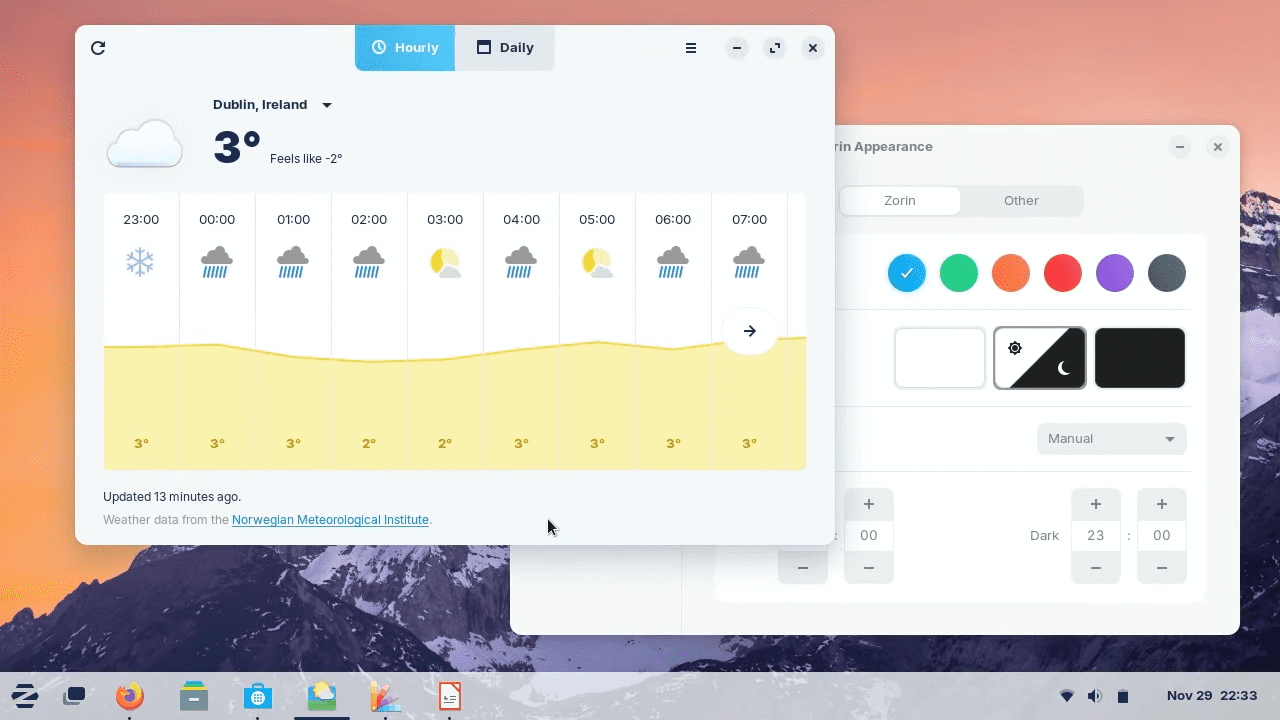
Zorin OS, being based on Ubuntu, can take advantage of its extensive repository of software and support. For data scientists, Zorin OS provides a comfortable and familiar environment while still delivering the versatility and performance that Linux is renowned for.
Pop!_OS is a popular Linux distribution that comes with pre-installed Nvidia GPU drivers. This means that you won’t have to install anything extra in order to start training your deep learning model on the GPU. It is quite similar to Zorin OS in terms of ease of use and pre-installed applications.
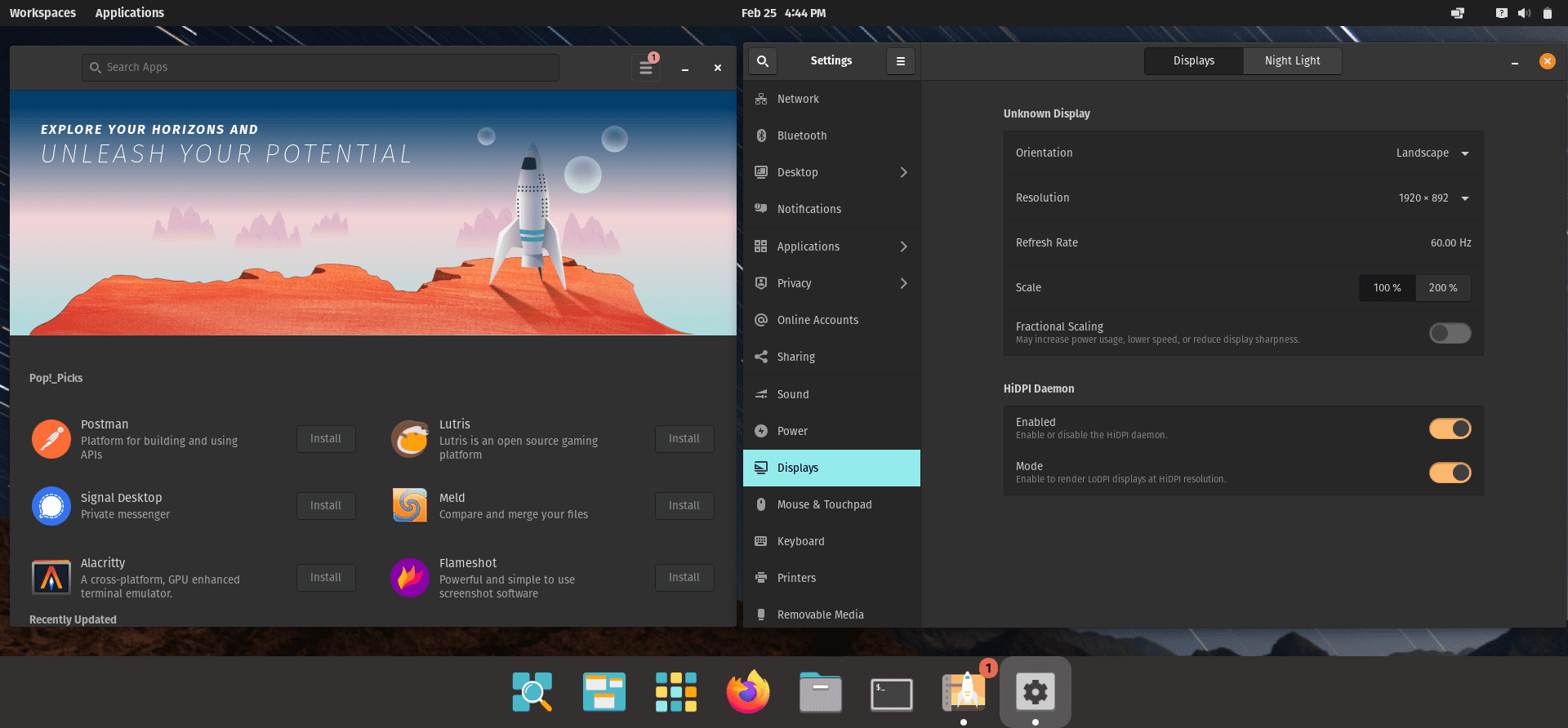
Pop!_OS is based on Ubuntu but adds its own flair with a streamlined and enhanced user interface that focuses on productivity and ease of use. I was able to install and start using VSCode for my project within just a few minutes. It is super easy to navigate and comes with tons of customization options.
Manjaro is a user-friendly Linux distribution based on Arch Linux. Unlike Arch, which is aimed at more experienced users, Manjaro provides all the benefits of Arch Linux, including access to the AUR (Arch User Repository), in a more accessible, easier-to-install package.
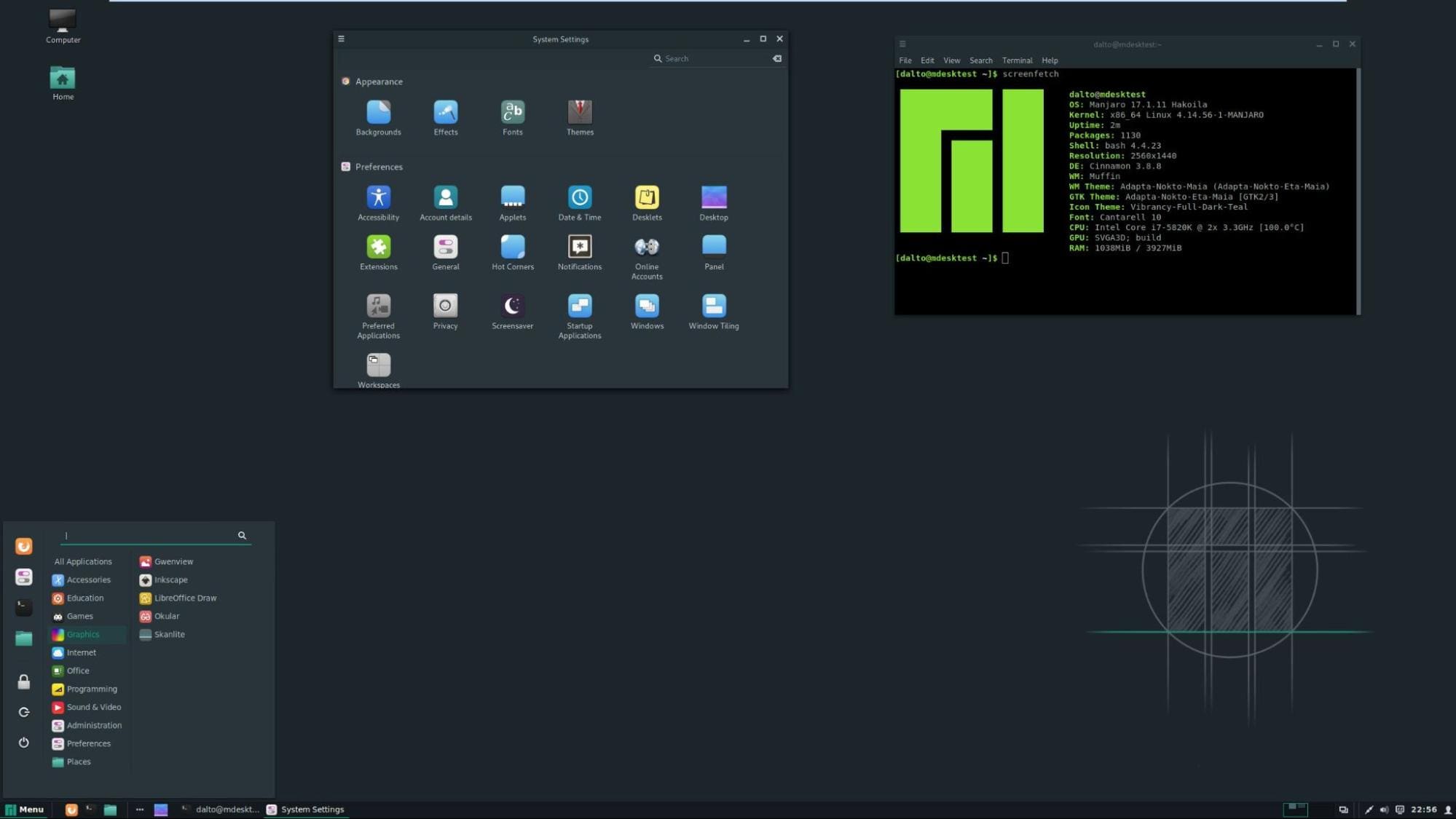
Manjaro is known for its rolling release model, which means that it receives regular updates and the latest software packages. It is also highly customizable, allowing users to tailor the operating system to their specific needs. Additionally, it provides a wide range of data science tools and libraries that are super important if you want to develop and deploy data science solutions.
Choosing the right Linux distribution for data science comes down to personal preferences, specific project requirements, and your level of comfort with Linux environments.
Linux differs significantly from Windows and macOS. Therefore, it is recommended to try out several stable Linux distributions and choose the one that works best for you. Some professionals prefer Arch, while some prefer Ubuntu. Ultimately, it depends on your personal preference.
Fedora Workstation, Ubuntu Desktop, Zorin OS, Pop!_OS, and Manjaro are among the top picks for data science professionals, each offering unique benefits. Experimenting with one or more of these distributions will help you find the perfect fit for your data science journey.
Abid Ali Awan (@1abidaliawan) is a certified data scientist professional who loves building machine learning models. Currently, he is focusing on content creation and writing technical blogs on machine learning and data science technologies. Abid holds a Master’s degree in Technology Management and a bachelor’s degree in Telecommunication Engineering. His vision is to build an AI product using a graph neural network for students struggling with mental illness.



